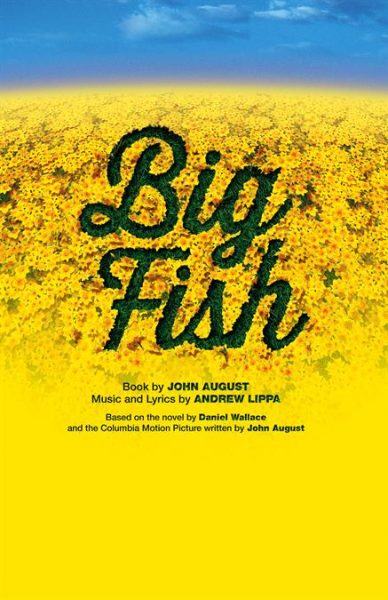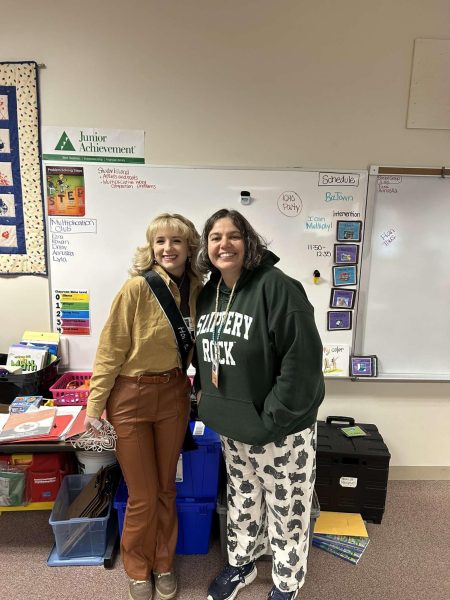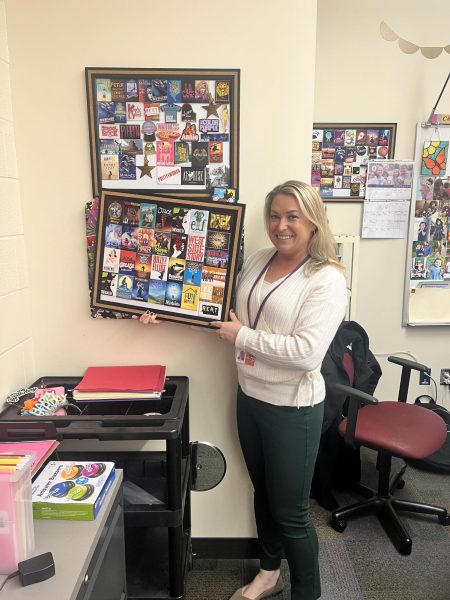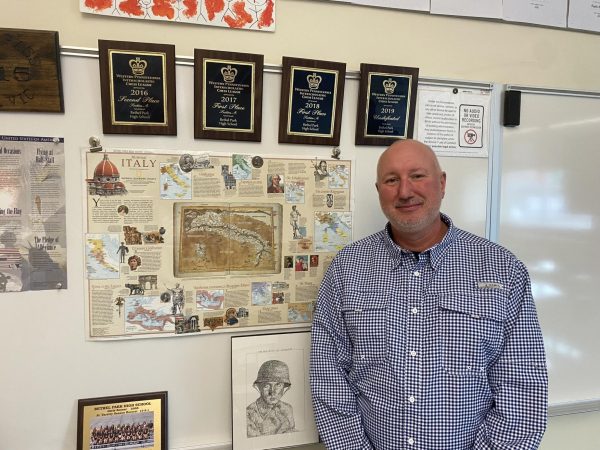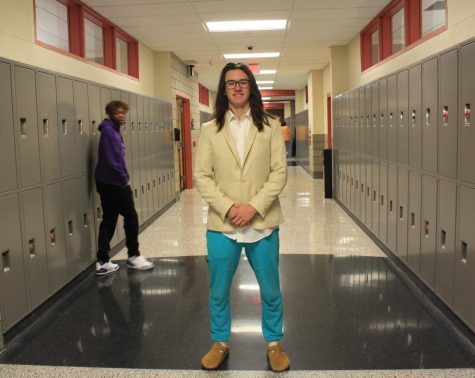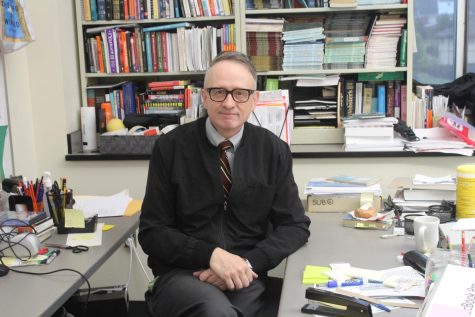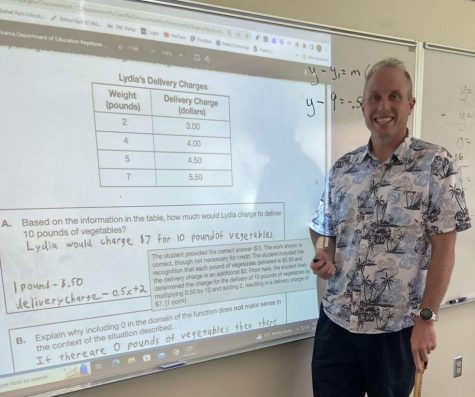Bokeh? A focus on new words added to the dictionary
As we grow and become more mature, so does our vocabulary. This isn’t just in terms of the individual, though. No. It also applies to entire generations of people who speak with words that another generation would almost never use in conversation.
For example, some common phrases of the 1920s include the following: jalopy, which is “an old car”, razz, meaning “to make fun of,” and Now you’re on the trolley! which means “Now you’ve got it, now you’re right!”(www.local.aaca.org). These are terms that we would almost never hear of today, because, as mentioned previously, our vocabulary is ever changing.
Because of this factor, it’s pretty common to see new words added to the dictionary quite often. As of early February, there were some 1,000 words added to Merriam-Webster’s Dictionary. What are some of these words, though? Additionally, what really makes a word or phrase good enough to become a part of our constantly changing wordbook? The answers to these questions, and more, are as follows…
To begin with, what are some words and phrases that have been added to the dictionary? The list includes, but is not limited to, the following: binge-watch, side eye, face palm, safe space, humble brag, geek out, ride shotgun, photobomb, weak sauce, truther, throw shade, first world problem, elderflower, bokeh, etc.
What really makes a word worthy of being put in the dictionary, though? According to an article written on www.merriam-webster.com, “The answer is simple: usage. To decide which words to include in the dictionary and to determine what they mean, Merriam-Webster editors study the language as it’s used. They carefully monitor which words people use most often and how they use them.”
The article goes on to say that every day, “most Merriam-Webster editors devote an hour or two to reading a cross section of published material, including books, newspapers, magazines, and electronic publications…” Editors “scour the texts in search of new words, new usages of existing words, variant spellings, and inflected forms–in short, anything that might help in deciding if a word belongs in the dictionary, understanding what it means, and determining typical usage.”
So, overall, new words are being added to our vocabulary all the time, so it only makes sense that they’d be added to the dictionary, too.
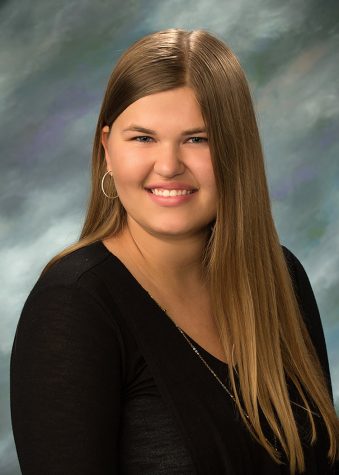
Morgan McGrath--a sophomore at heart, as that was her favorite year of school--is currently a senior at BPHS. Morgan participates in many school activities...


